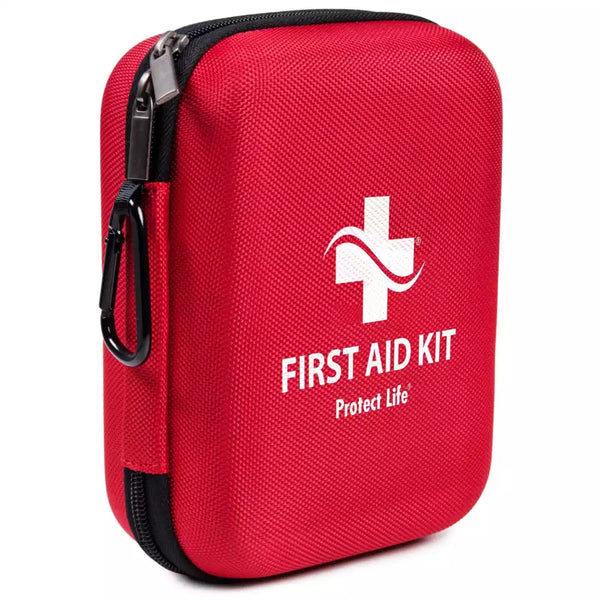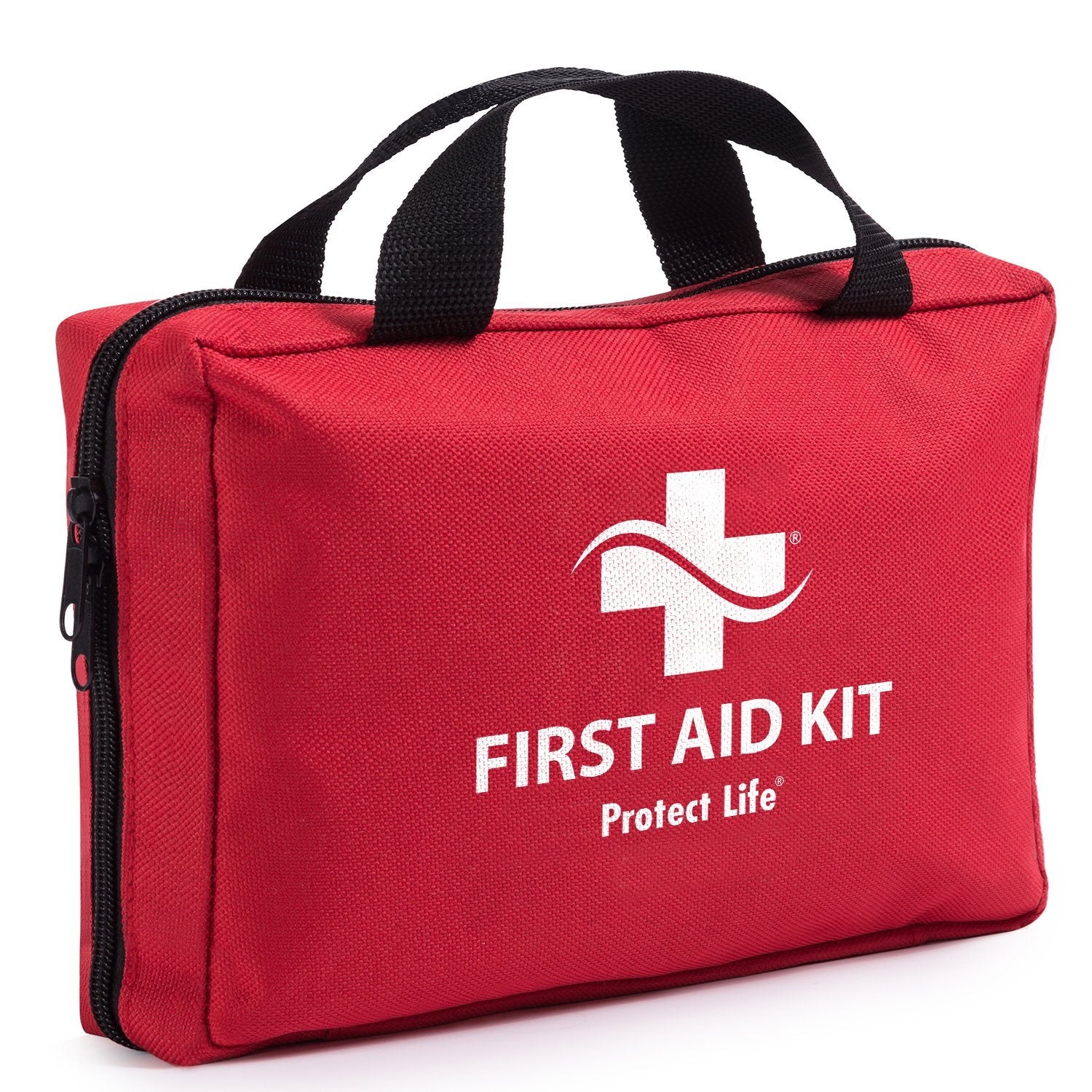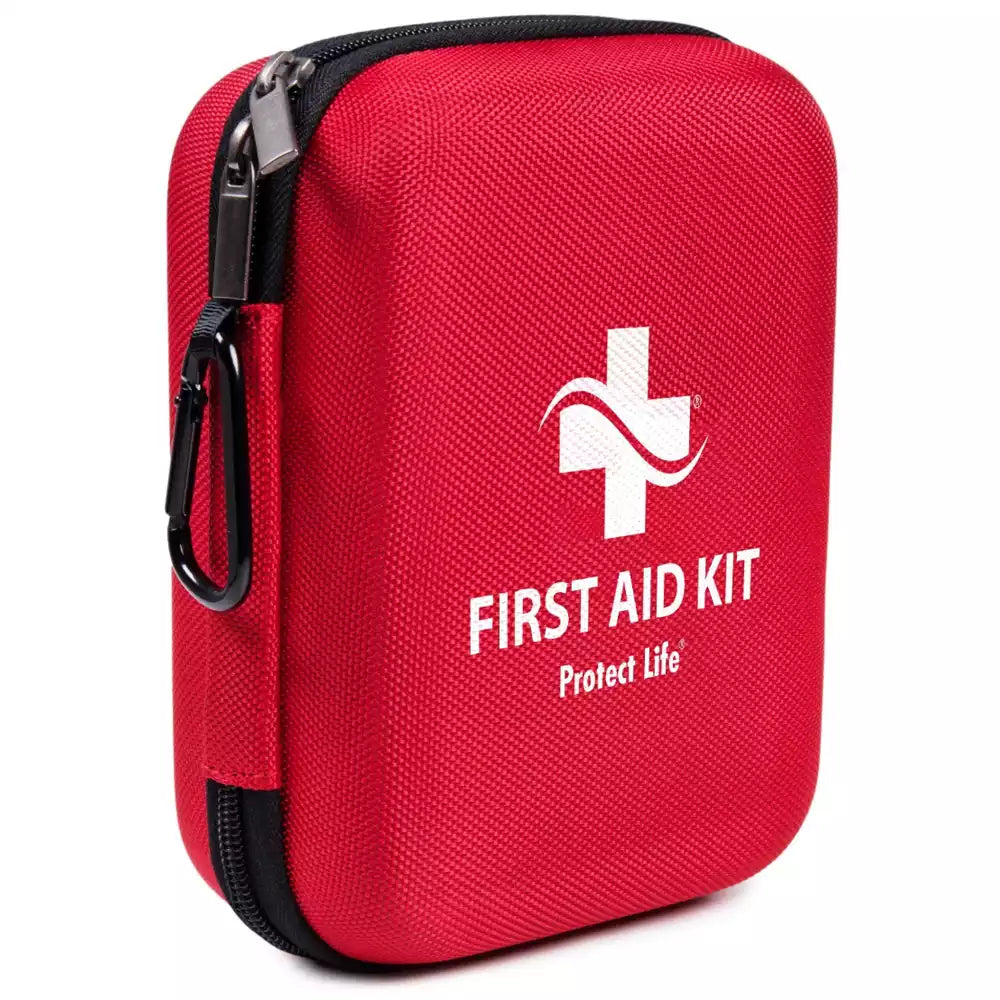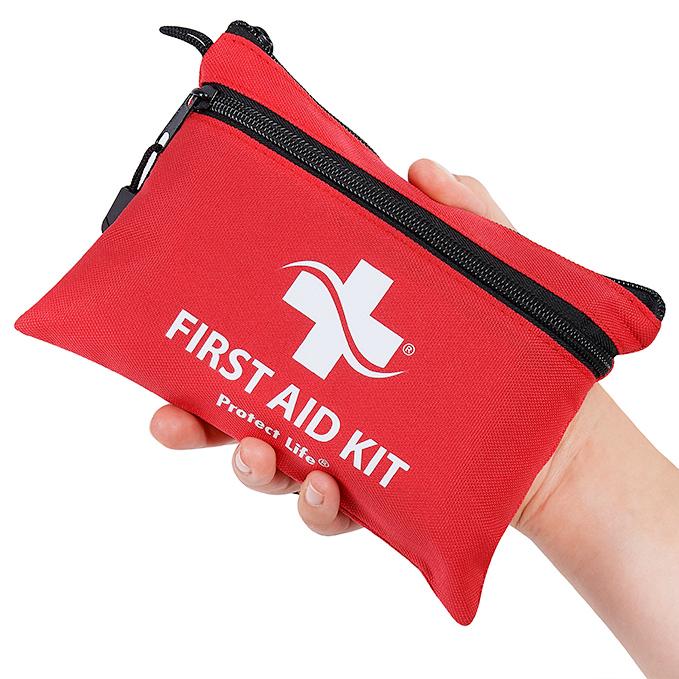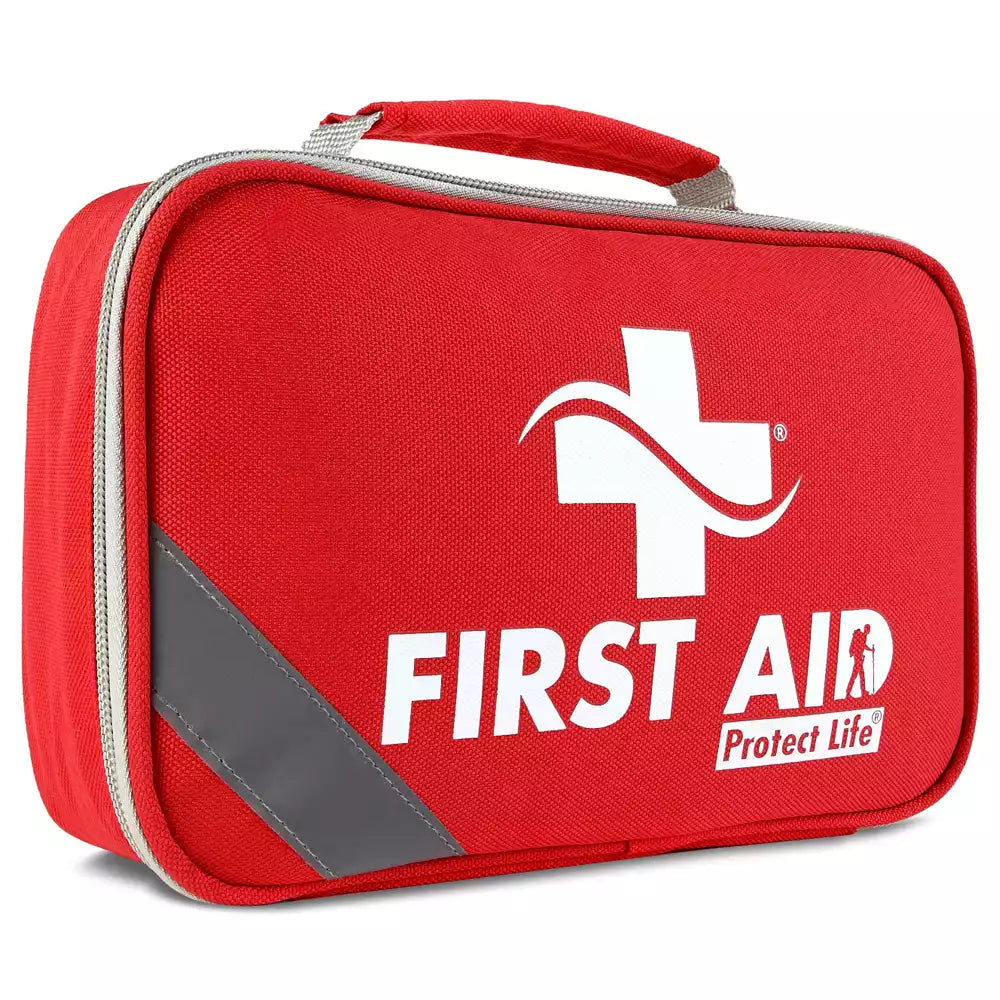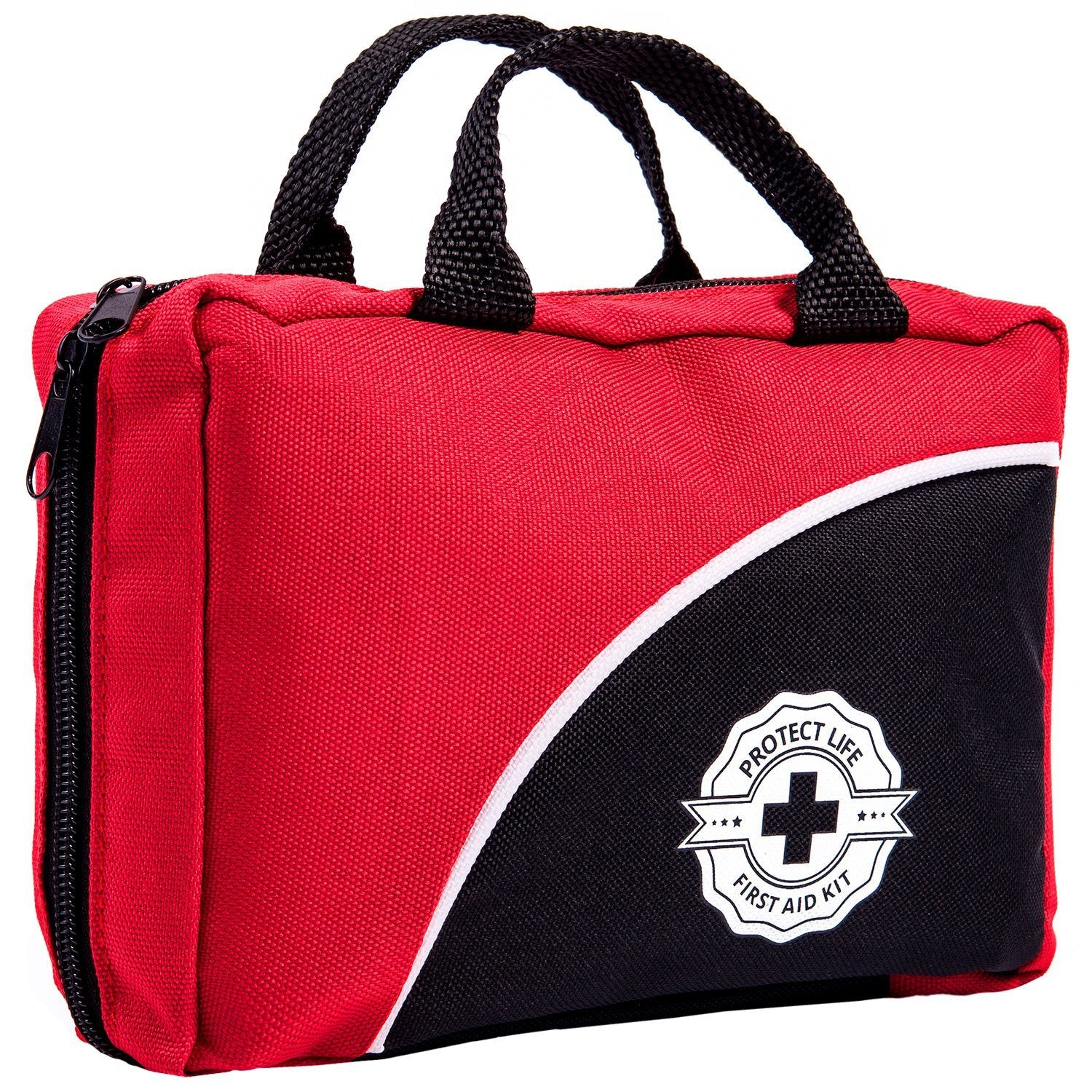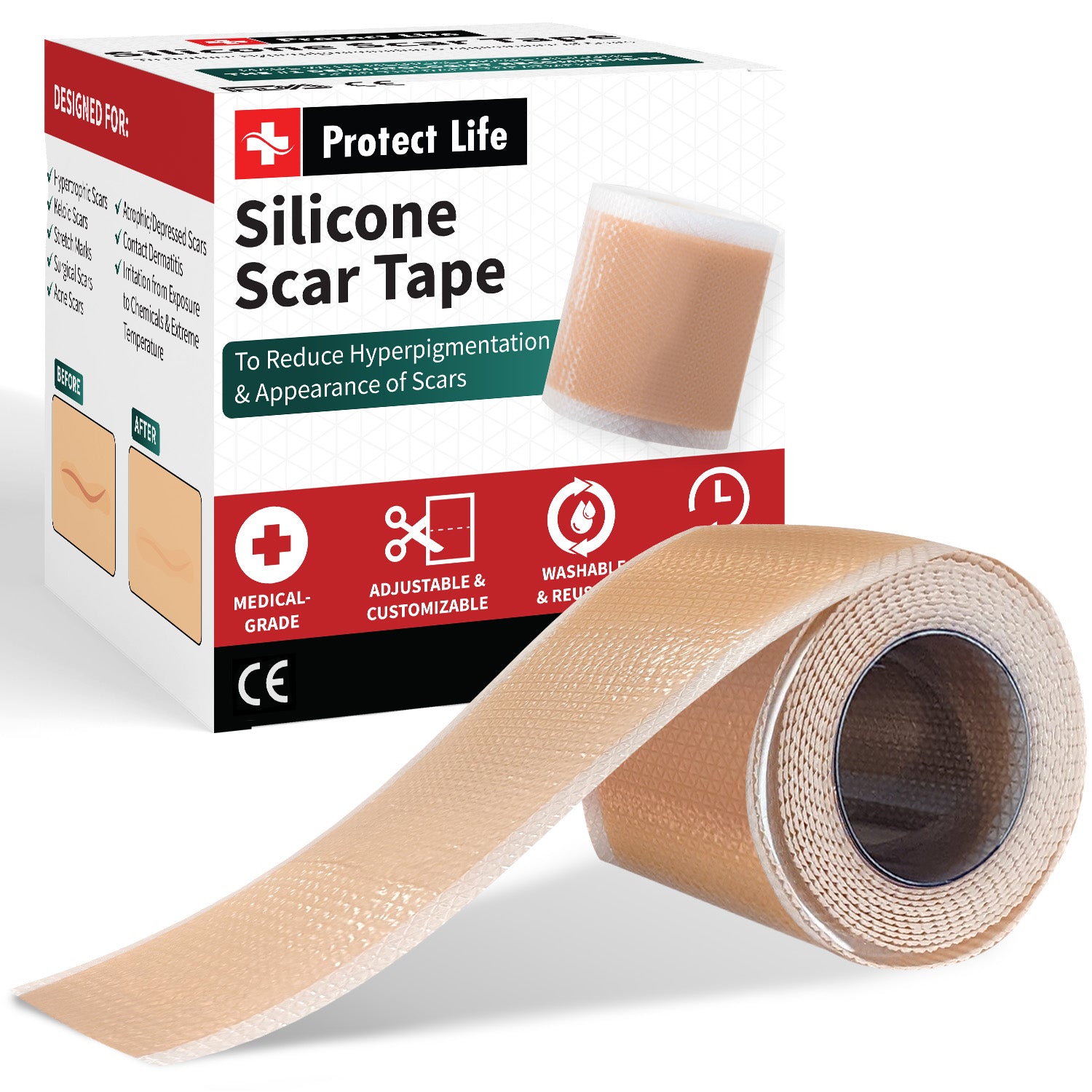+N95 respirator masks are a form of personal protective equipment (PPE) that reduces your exposure to small particle aerosols and large droplets. Wearing them is particularly recommended for protection against any type of respiratory virus that is spread through the air.
N95 respirator masks filter around 95% of airborne particles—thus,the inclusion of “95” in its name—and have minimal leakage around the edges if properly worn.
In this article, we’ll help you know more about N95 face masks, how they compare with other types of masks, and whether they are most appropriate for your specific concerns or situation.
What is the difference between N95 respirator masks and surgical masks?
N95 masks and surgical masks can help protect your face from possible diseases or viruses. They prevent your body from particles that may enter through your nose or your mouth. They also help prevent you from possibly infecting someone else through sneezing or coughing.
N95 masks are evaluated, tested, and approved by the National Institute for Occupational Safety and Health (NOISH). This means that they are tested for use in hazardous working environments. As such, N95 respirator masks are particularly recommended for areas that have a lot of dust, dirt, viruses, germs, bacteria, or smaller particles.
On the other hand, surgical masks are approved by the Food and Drug Administration (FDA) and are meant to protect the user from larger droplets or other hazardous fluids. As their name suggests, these masks were initially designed to be used in surgery. They aremeant to block large droplets or splatters of biological material that may contain bacteria, viruses, or germs. They are not as effective in filtering smaller particles.
Surgical masks also come in different thicknesses. Thinner masks have been designed for healthcare workers who experience difficulties breathing when using thicker variants.
There is also a difference in how each type of mask fits around your face. Surgical masks are generally more loose around the face, while N95 masks are more tight-fitting, particularly around the cheeks to make sure that nothing gets to the mouth area.
Both types of masks should not be shared and can only be used once. Take note that reusing your mask may defeat its intended purpose. These masks are designed to keep droplets from entering or exiting your mouth and nose area. Even normal breathing releases droplets. Thus, it is important that you dispose your mask after each use.
What is the difference between N95 masks and KN95 masks?
Both masks are made from several layers of a plastic polymer, which can filter up to 95% of aerosols. They are meant to fit snugly around your cheeks.
The main difference between the two is how and where they are certified. N95 respirator masks are certified in the United States, whereas KN95 masks are certified in China. Companies in the U.S. that offer KN95 masks have to seek further approval from the FDA to ensure that the masks meet the 95% filtration requirement. Manufacturers of KN95s also need to submit evidence that their masks are authentic and free from harmful chemicals.
Still, N95 respirator masks have more stringent certification requirements. N95 masks need to be breathable even during pressure changes. The user has to be able to inhale normally no matter how fast they are moving or whether they are shifting altitudes. The user should also be able to exhale normally regardless of circumstance. These thorough checks verify that N95 face masks are most likely more breathable than KN95 masks.
Do take note that these certifications apply only to the countries in which the regulations were created, not where they are made. N95 respirator masks may be made in other countries other than the United States. Similarly, KN95 masks may be manufactured in America but still would need to be certified first in China before being approved by the FDA.
Both N95 masks and KN95 masks should be used only once. The FDA recommends that you dispose of either mask by placing them inside a plastic or zip-lock bag then immediately putting them in the trash. Make sure to always wash your hands for a minimum of 20 seconds after handling a used mask.
What about homemade fabric masks?
In general, any form of face covering is sufficient for daily use. Any type of mask can limit particles from exiting or entering your nose or mouth area.
If you opt to make your own masks, just remember that it should fit snugly, be breathable, and have at least three layers of fabric to get the most protection. You should also choose a fabric that has inter-weaving, meaning that each strand crisscrosses with each other. This helps block out smaller particles.
Fabric masks are reusable, making them a more affordable and practical option. They should be hand washed using warm water and gentle detergent and hung to dry. Remember that these masks are going near your mouth and nose, so you must avoid using harsh detergents or washing them in bleach as you would not want to be inhaling these chemicals.
But, as practical and economical as fabric masks are, remember that their filtration power is limited compared to that of N95 or surgical masks. They won’t be able to block micro aerosols from entering your nose or mouth. Even tight-fitting fabric masks with multiple layers of water-resistant cloth have not been medically proven to be effective in averting the transmission of respiratory infections.
As we face the new normal, the use of homemade fabric masks should be limited to settings where physical distancing is possible.
For hazardous or high-risk environment or when going to crowded closed spaces, N95 masks, which are incredibly effective for blocking out smaller aerosols, are the most suitable.
Why are N95 respirator masks most recommended for respiratory diseases?
The National Center for Biotechnology Information has advised using N95 masks if you live in a highly vulnerable area. They have several main advantages over surgical masks, KN95 masks, and homemade fabric masks. The first is that N95 respirator masks are capable of filtering out particles that are around 0.3-μm in size, which is smaller than the droplets released when you talk, cough, or sneeze. Their tight fit also helps ensure that no matter how you move, germs and bacteria will not find their way into your mouth or nose. This makes a better masks for preventing the transmission of respiratory diseases, compared to surgical and fabric masks.
N95 masks are also tested for efficacy. They are certified to meet stringent standards and are the first choice for many health workers.
Choosing the right N95 mask

When buying an N95 mask, make sure to source from a trusted seller or manufacturer. With several counterfeit masks going around, you want to make sure that you can get maximum protection from genuine and authentic face masks. Protect Life offers NIOSH-approved single-use N95 masks at reasonable prices. Check out N95 respirators and other kinds of face masks that may help prevent the further spread of COVID-19 here.

